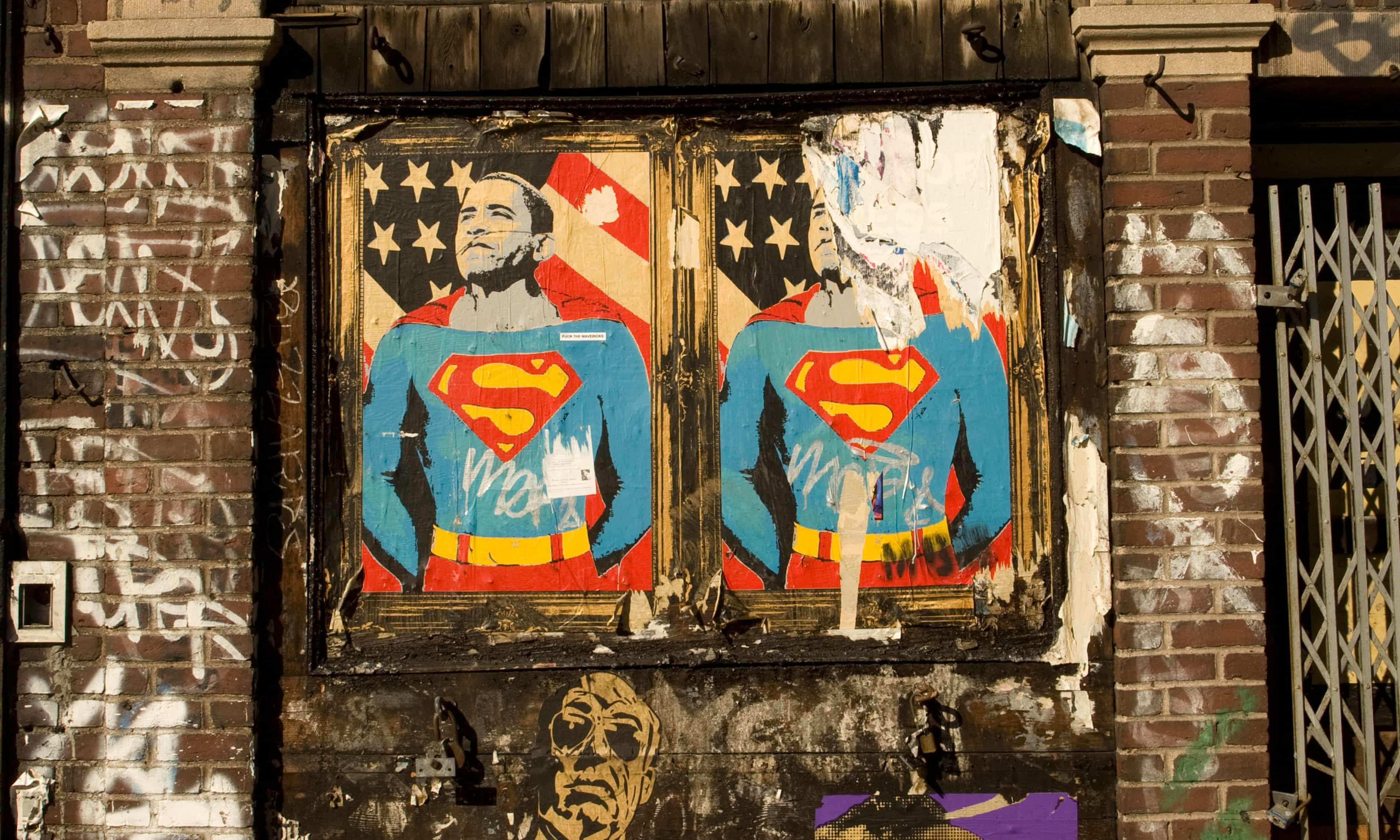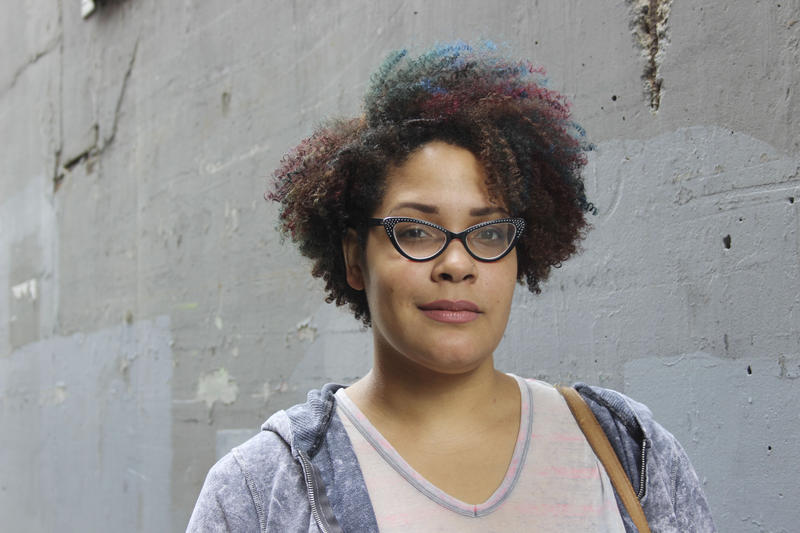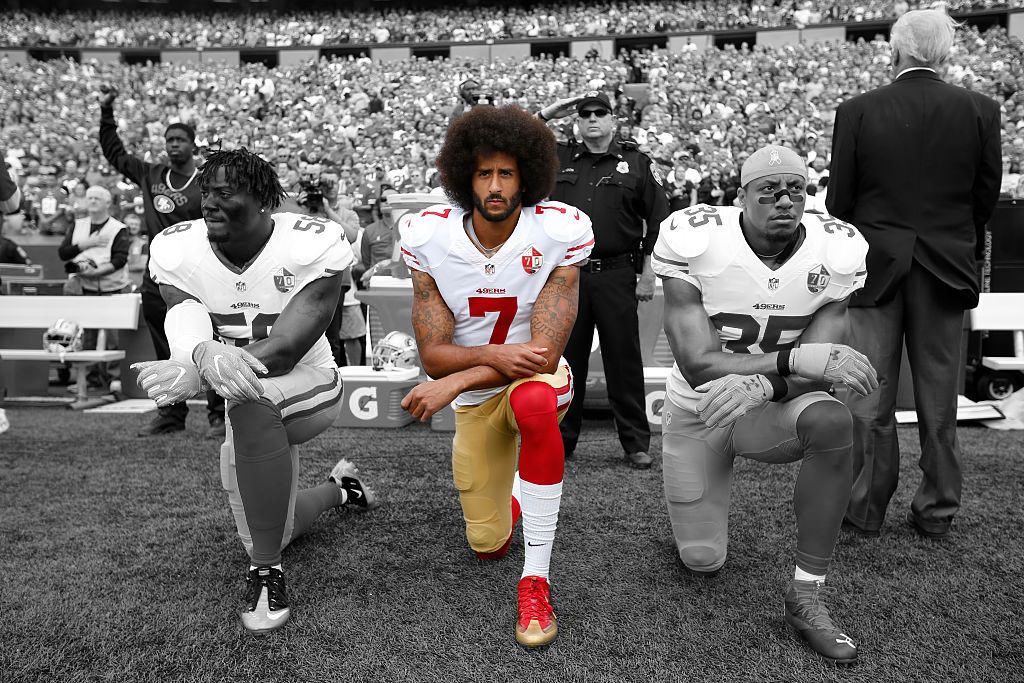Nikki Khanna, Associate Professor of Sociology
University of Vermont
Department of Sociology
31 South Prospect Street
Burlington, Vermont 05405
Telephone: (802) 656-2162
2017-07-06
DEADLINE: Manuscripts will be accepted on a rolling basis, though the final deadline is OCTOBER 31, 2017.
I am pleased to announce an open submission call for my forthcoming anthology from New York University Press, SHADES OF PREJUDICE, a collection of essays written by Asian American women about their personal experiences with colorism.
Colorism is the practice of discrimination whereby light skin is privileged over dark, and is a global issue affecting racial groups worldwide. Colorism exists is just about every part of Asia and affects Asian diasporas, including most Asian American communities—including those descended from Southeast Asia (e.g., India, Pakistan, Cambodia, Singapore, Thailand, Philippines, Vietnam, and Indonesia), but also those from Japan, China, and other parts of Eastern Asia.
I am looking for Asian American women (including multiracial American women with Asian ancestry) to share their personal experiences with colorism—how has your skin shade (and other “racialized” physical features like eye color, eye shape, and other facial features) influenced your life?
SUBMISSION GUIDELINES:
- Submissions should be sent to: nkhanna@uvm.edu (in the subject heading, please type in all-caps: SHADES OF PREJUDICE SUBMISSION)
- Please send your personal narrative as a Microsoft® Word document and label your document: “LASTNAME_FIRSTNAME.doc.”
- Essays should be approximately 1,000-2,500 words, double-spaced, and Times New Roman font.
ABOUT THE AUTHOR:
Nikki Khanna is an associate professor of Sociology at the University of Vermont and has written extensively on issues regarding race. You can read more about the author here: www.nikkikhanna.com and http://www.uvm.edu/sociology/faculty/faculty_bios/Khanna/.
HERE ARE SOME IDEAS OF QUESTIONS THAT YOU MAY WANT TO ADDRESS:
- What do you consider (physically) beautiful and why? Where does your image of beauty come from? (family, friends, media, or somewhere else?)
- What is the importance of skin shade in your Asian ethnic community and how has this affected your life? For example, has it had an effect on dating or finding a mate? Has it influenced your interactions or relationships with family members or others? Has it affected any of your life opportunities? (job, education, etc.?).
- How did you learn that light skin was preferred over dark skin in your Asian ethnic community? Can you provide specific examples?
- Have you personally benefitted from having light skin? If so, how so? Is there a particular experience that you can share?
- How have your family, community, peers, friends, media or others reinforced the stereotype that light skin is somehow more desirable than dark skin?
- Have you felt pressure to use products designed to lighten or whiten your skin? If yes, why and what types of products? What has your experiences been with these products? How do you feel about whitening products?
- Have you tried any other means to lighten or change the shade of your skin?
- Have you felt pressure from your ethnic community or larger American society to conform to particular beauty standards? How so? Explain.
- Have you struggled with, resisted, or actively challenged the “light is beautiful” message? How so?
- Have other physical/facial characteristics (those that are often related to race) had an influence on your life (e.g., your eye color, eye shape, nose shape)?
- Have you felt pressure to surgically alter any of your physical features to conform to a particular beauty standard in your Asian ethnic community or in larger American society (e.g., eyelid surgery)? Explain.
- Do you think light skin is seen as desirable because some people desire to look/be white, because light skin is related to social class or caste, or to something else? Why? What in your personal life has informed the way you explain why light skin is considered more desirable than dark?
- Do you think the impact of your skin color on your life is influenced by other factors – such as your gender, social class/caste, ethnic group, generation, or other factors? For example, do you think skin color more so affects women than men? Why or why not? Do you think that your experiences are similar or different to male family members or men in your Asian ethnic community? Do you think your generation (whether you are 1st, 2nd, 3rd or later generation Asian American) has influenced the importance of skin color in your life?
- Did growing up in America challenge or reinforce the idea that light skin is better than dark? How so? Could you share a particular example? Relatedly, how have American beauty standards affected your vision of what is considered beautiful and how does this related to beauty standards in your ethnic community? Are those standards complementary or contradictory?
For more information, click here.







